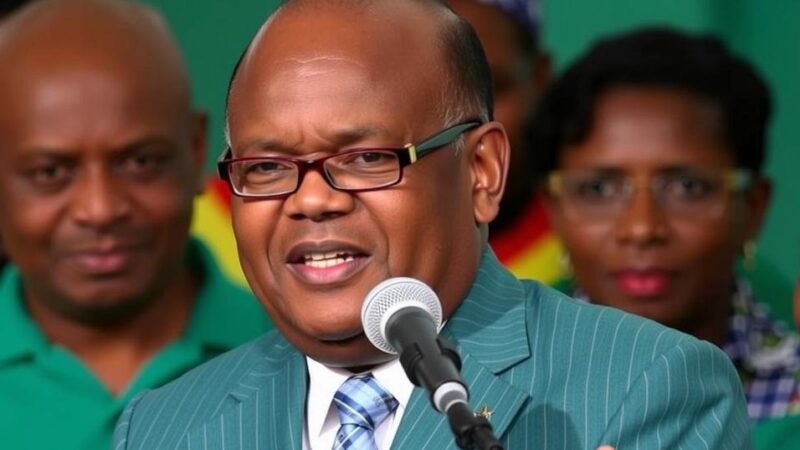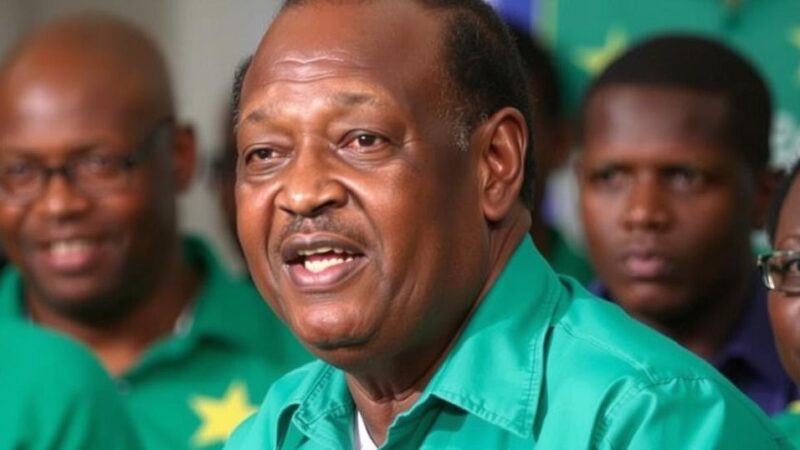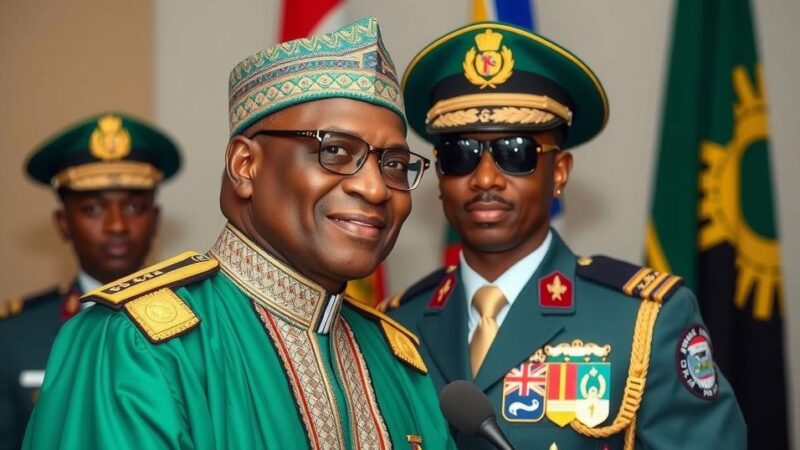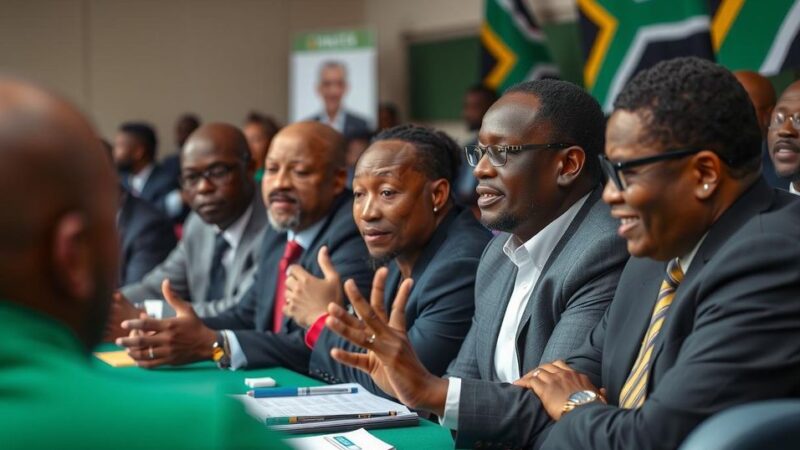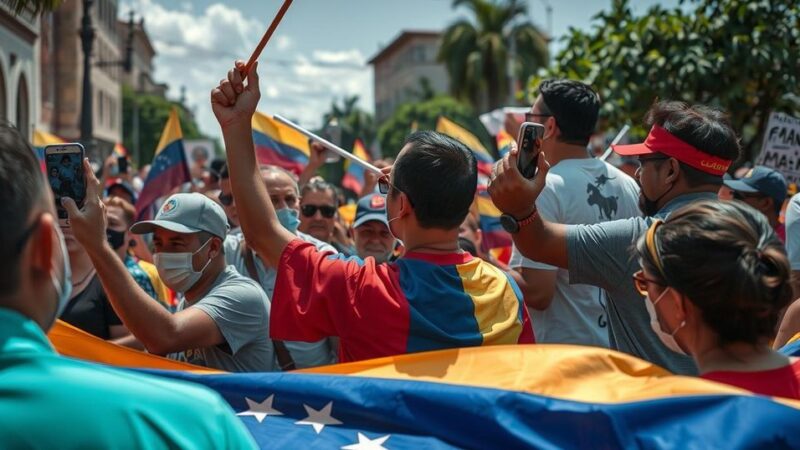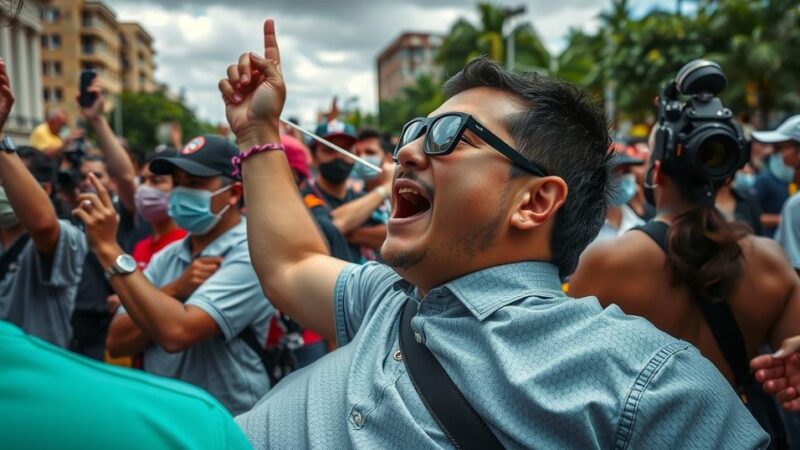The “October Surprise” is an unexpected event that can significantly influence presidential elections in the US during the final days of campaigning. Historically notable for turning the tide of races, such events can originate from diplomatic developments, political scandals, or major national incidents. Recent trends suggest a decline in their impact due to increased political polarization and early voting, but candidates still prepare extensively for potential surprises.
In the realm of American presidential elections, the phenomenon known as the “October Surprise” refers to an unexpected event or revelation that occurs shortly before the election and has the potential to dramatically influence the outcome. This occurrence has been a significant factor in shifting the political landscape during numerous elections over the past five decades. An early example of this phenomenon dates back to October 26, 1972, when President Richard Nixon’s national security adviser, Henry Kissinger, proclaimed that peace was imminent in the Vietnam War. Although Nixon was poised to win, this announcement effectively solidified his victory, as he won the popular vote by a considerable margin. According to Oscar Winberg, a political expert at Finland’s Turku Institute for Advanced Studies, “Essentially it is something unexpected that happens very late, usually in October, in the campaign phase to influence the result.” He categorizes October Surprises into three main types: international diplomatic developments, political scandals from the past, and significant domestic events such as natural disasters or criminal investigations. A notable instance occurred during the 2016 election cycle, where four significant events transpired within just 28 days. These included the release of Donald Trump’s 1995 tax returns by the New York Times, the publication of hacked emails from Hillary Clinton’s campaign by WikiLeaks, the surfacing of a 2005 recording of Trump making controversial remarks about women, and the announcement of a newly resumed FBI investigation into Clinton’s use of a private email server. While not every October Surprise has had a profound impact, candidates remain cautious of the potential for such events. Ronald Reagan, during his 1980 campaign, warned voters of a possible October Surprise initiated by then-President Jimmy Carter regarding hostages in Iran, although this turned out to be unfounded. Campaign teams now proactively prepare for possible surprises and invest in opposition research to uncover any potentially damaging information about themselves and their opponents. However, Winberg observes that the significance of October Surprises has decreased in recent years due to the polarization of American voters and the prevalence of early voting, which diminishes the influence of last-minute developments on undecided electorate members. “They’re less significant than they used to be,” he noted, attributing this to the loyalty of voters to their respective parties and the limited number of undecided demographics in contemporary elections.
This article discusses the concept of the “October Surprise,” a term used in American politics to describe unexpected events that can significantly alter the trajectory of presidential campaigns right before the election. The historical context of this phenomenon is critical in understanding its implications in shaping voter behavior and election outcomes. Notably, several instances, especially prominent events from the past fifty years, underscore the strategic importance of timing and the media’s role in amplifying these surprises. Political analysts categorize these occurrences into three main types, revealing a pattern of influence that campaigns take into careful consideration.
In conclusion, the “October Surprise” has emerged as a crucial aspect of the American electoral process, with the potential to sway voter sentiment in the final days of a campaign. While its impact may have diminished due to voter polarization and early voting trends, candidates still prioritize preparedness for such occurrences. Historical examples underscore how unexpected revelations can reshape elections, demonstrating the intricate interplay of media, timing, and public perception in contemporary American politics.
Original Source: www.france24.com


